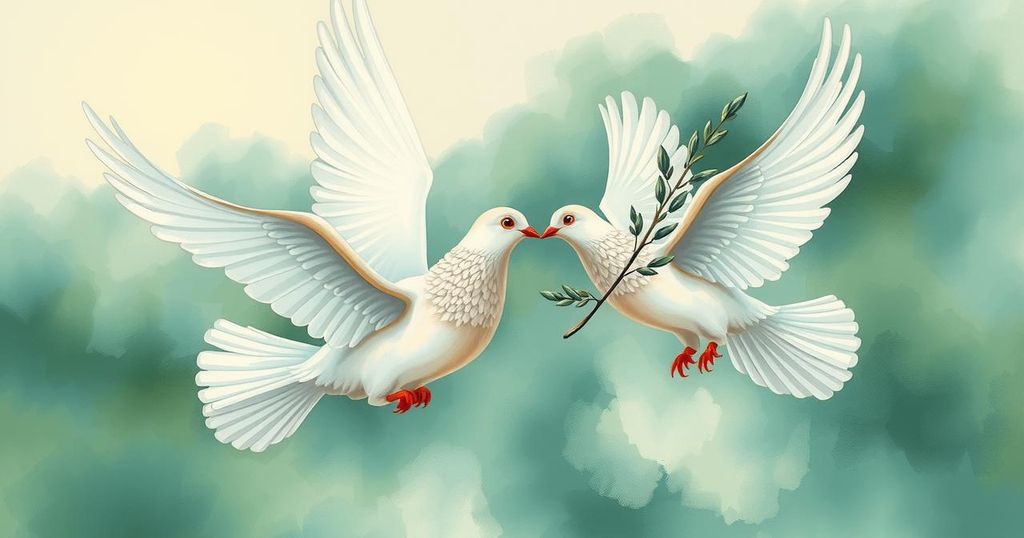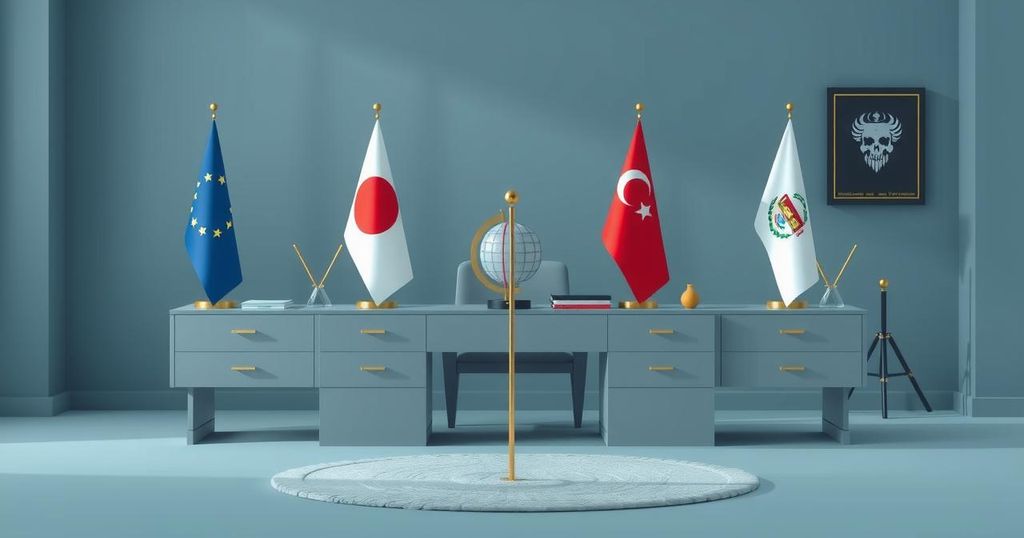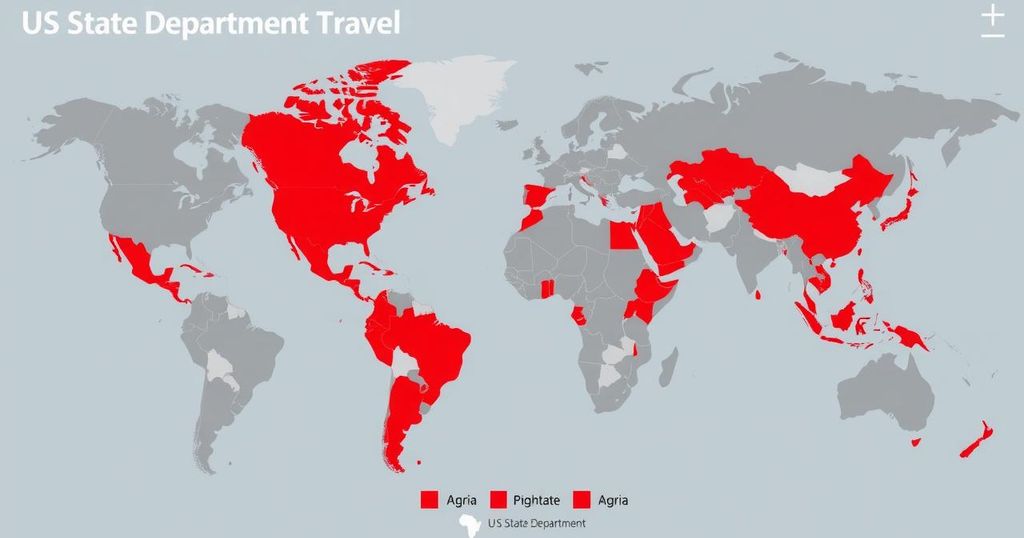Eritrea’s Diplomatic Evolution in 2018: A Year of Peace and Engagement
The year 2018 marked a transformative period for Eritrea, characterized by a series of diplomatic engagements including peace agreements with Ethiopia, normalization of relations with Djibouti, the lifting of UN sanctions, and Eritrea’s election to the UN Human Rights Council. The reopening of borders with Ethiopia also signified a new era of cooperation and movement for both nations.
The year 2018 was a pivotal one for Eritrea, as it transitioned from being considered a reclusive nation to becoming a focal point for diplomatic engagement in the Horn of Africa. This shift was notably marked by President Isaias Afwerki’s increased interaction with regional leaders. A series of significant events unfolded throughout the year, highlighting Eritrea’s journey of normalization and cooperation with its neighbors and the international community. In July, a breakthrough occurred when Ethiopian Prime Minister Abiy Ahmed visited Asmara to sign a peace and cooperation agreement with President Afwerki, effectively ending the long-standing border standoff between Ethiopia and Eritrea. This momentous occasion rekindled hope for peace and opened pathways for collaboration, not only between these two nations but also extending to Somalia and Djibouti. The reconciliation trajectory continued in September, when a historic meeting took place between President Afwerki and Djibouti’s President Ismail Omar Guelleh, facilitated by the Saudi Arabian government. This meeting aimed to resolve years of territorial disputes and marks the normalization of relations between the two countries, fostering stability in the region. Further illustrating Eritrea’s reintegration into the global community, the UN Security Council unanimously voted in November to lift the sanctions imposed on Eritrea nearly a decade prior. The lift followed Eritrea’s peace agreements with Ethiopia and Djibouti, reflecting a changing perception of the nation internationally. In October, Eritrea’s election to the UN Human Rights Council raised eyebrows, given the country’s controversial human rights record. While this election was seen as a step forward, it also spurred criticism from various organizations, citing the government’s issues with arbitrary arrests and detention. Lastly, the reopening of border crossings in September after decades of closure heralded a new era of freedom of movement between Eritrea and Ethiopia. This moment was celebrated during the Ethiopian New Year, signaling a hopeful future for trade, travel, and bilateral relations despite the challenges ahead. Overall, 2018 was a transformative year for Eritrea, marked by significant diplomatic strides and a gradual shift towards reconciliation and cooperation with its neighbors in the Horn of Africa.
Eritrea has historically been viewed as a reclusive and isolated nation, particularly following its independence from Ethiopia in 1993. The long-standing border conflict with Ethiopia, which erupted into war in 1998, defined Eritrea’s foreign relations for decades, fostering a climate of tension and suspicion. The situation began to change dramatically in 2018 with the intervention of Prime Minister Abiy Ahmed of Ethiopia, who advocated for peace and cooperation between the two nations. This period marked not only a thaw in relations with Ethiopia but also a broader shift in Eritrea’s engagement with neighboring countries, notably Djibouti and Somalia. The international community’s response, particularly through the United Nations, further signified Eritrea’s changing status on the world stage as it sought to address its past isolation and navigate its human rights issues.
In conclusion, the events of 2018 exemplify a significant turning point for Eritrea, characterized by diplomatic engagements that dismantled long-standing conflicts and opened avenues for collaboration. The peace agreements with Ethiopia, the normalization of relations with Djibouti, and the lifting of sanctions by the UN reflect a broader commitment to stability and productive engagement in the Horn of Africa region. Despite challenges, including criticisms of its human rights record, Eritrea appears poised to reshape its international relationships and internal dynamics moving forward.
Original Source: www.africanews.com




Post Comment